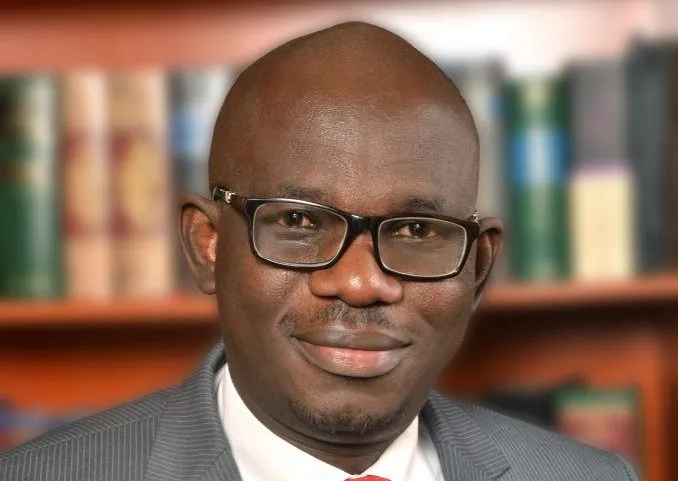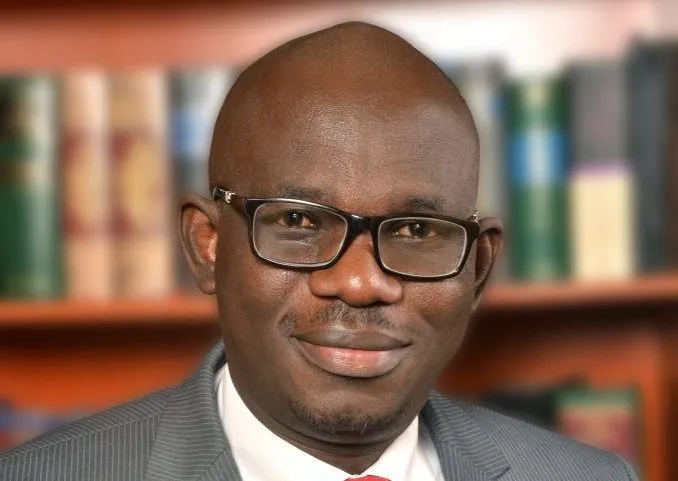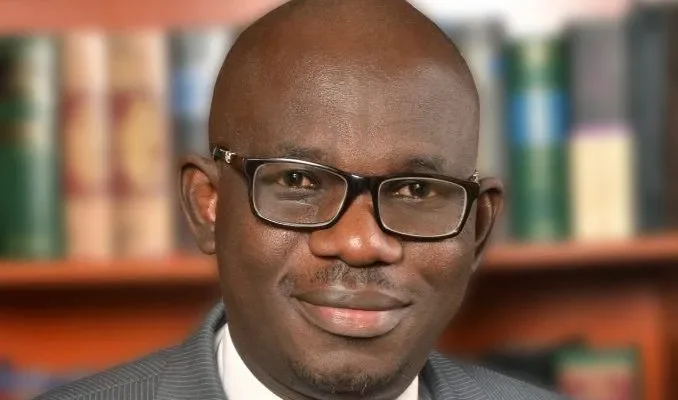

Oluwasina Ogungbade, the Attorney General and Commissioner for Justice of Ogun State, has criticized the House of Representatives’ proposal to introduce a five-year tenure limit for the Chief Justice of Nigeria (CJN), the President of the Court of Appeal, Chief Judges of the 36 states, and other heads of courts across the country.
Speaking on a current affairs program on EAGLE 102.5 FM in Abeokuta on Thursday, Ogungbade described the proposed legislation as unnecessary and potentially disruptive to the judiciary’s long-standing principle of seniority. The program was monitored by journalists in Ogun State.
The legislation, part of the constitution amendment bills under consideration by the House Committee on Constitution Review, seeks to alter Section 29 of the 1999 Constitution (as amended) by adding a new subsection. The bill was sponsored by Manu Soro, a lawmaker representing the Darazo/Ganjuwa Federal Constituency of Bauchi State.
Ogungbade expressed concerns that the proposed changes would introduce uncertainty and destabilize the judiciary, which he said has operated effectively for decades. He argued that the current system, where judicial heads retire at the age of 70 or after 35 years of service, ensures stability and continuity.
“If you ask me, it is totally unnecessary. There’s a saying: if it is not broken, don’t fix it. The judiciary has thrived under the principle of seniority, which has brought about a lot of certainty. This proposal to limit the tenure of Chief Judges and the CJN will create significant problems,” Ogungbade stated.
He highlighted potential challenges the legislation could create, particularly for judicial officers appointed to leadership roles late or early in their careers. “For instance, if someone becomes the CJN at 68, will they serve until 73? On the other hand, if a person assumes the role at 52, would they leave office at 57? This will lead to inconsistency and imbalance,” he said.
The Attorney General emphasized that the existing retirement framework aligns with global best practices, citing the United States, where Chief Judges can serve without term limits until they choose to retire or pass away.
Ogungbade concluded by reiterating his stance against the amendment, stating that the current judicial structure remains functional and effective, and there is no compelling reason to alter it.

Comments